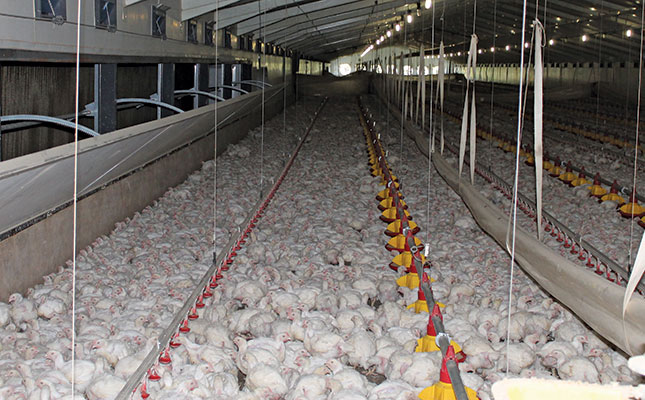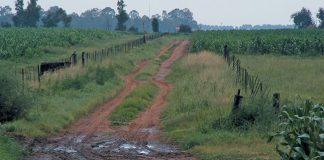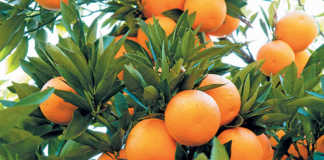
Photo: FW Archive
The Ministry of Agricultural Development and Food security in Botswana has announced an immediate ban on the importation of all “domesticated and wild birds and their products such as meat, eggs and feathers from South Africa”.
According to Colin Steenhuisen, acting general manager of the South African Poultry Association’s (SAPA) Egg Organisation, he had also received reports of trucks delivering eggs being turned away from the Mozambican border on Friday, 16 April.
South African authorities had reportedly not received any official communication from the Mozambican government on the matter at the time of publishing.
This followed confirmation that the type of avian influenza identified on a farm in Gauteng was the highly pathogenic subtype (HPAI). At the time of publishing, the specific strain of the virus still had to be confirmed.
The Botswana ministry also cancelled all veterinary import permits issued in respect of the listed items.
Steenhuisen told Farmer’s Weekly that Dr Mpho Maja, director of Animal Health at the Department of Agriculture, Land Reform and Rural Development (agriculture department) was working with her counterparts in Botswana to have the ban reversed.
He said the confirmation of the outbreak was not sufficient for Botswana to justify a ban on all poultry products.
The agriculture department previously confirmed the outbreak of avian influenza on a commercial chicken layer farm in Ekurhuleni, Gauteng on Monday, 12 April.
According to a statement by the department, 300 birds had died on the farm while all the other birds in the affected chicken house had been destroyed. The farm has been placed under quarantine.
According to Steenhuisen, this was the first outbreak of avian influenza on a commercial farm in South Africa since the outbreak of HPAI (strain H5N8) in 2017, which had a serious impact on the layer industry in South Africa, as well as a marginal effect on the broiler industry.
He said in 2020, South Africa exported 12 845t of broilers to Mozambique and 2 304t of broilers to Botswana.
Egg exports to Mozambique amounted to 10 606t per annum, and the closure of the Mozambican border posed a serious threat to the local egg industry, Steenhuisen said. Botswana did not import eggs from South Africa.
“So far, the outbreak is contained to the one farm, and SAPA is closely monitoring the situation and will continue to engage with [the department] and other relevant stakeholders to contain the outbreak.”
Although the department was currently conducting a tracing programme to determine the source of the outbreak, Steenhuisen said the role of migratory wild birds in the spread of the virus had previously been proven, and keeping poultry flocks in covered areas was recommended to avoid possible contamination.
Steenhuisen said the World Health Organization and the World Organisation for Animal Health had been advised of the outbreak, and had confirmed that the suspected strain of the virus was not dangerous to humans.
“Consumers are reminded that meat and eggs on [supermarket] shelves are safe for consumption as long as normal food-safety steps are followed when preparing meals,” said Steenhuisen.











